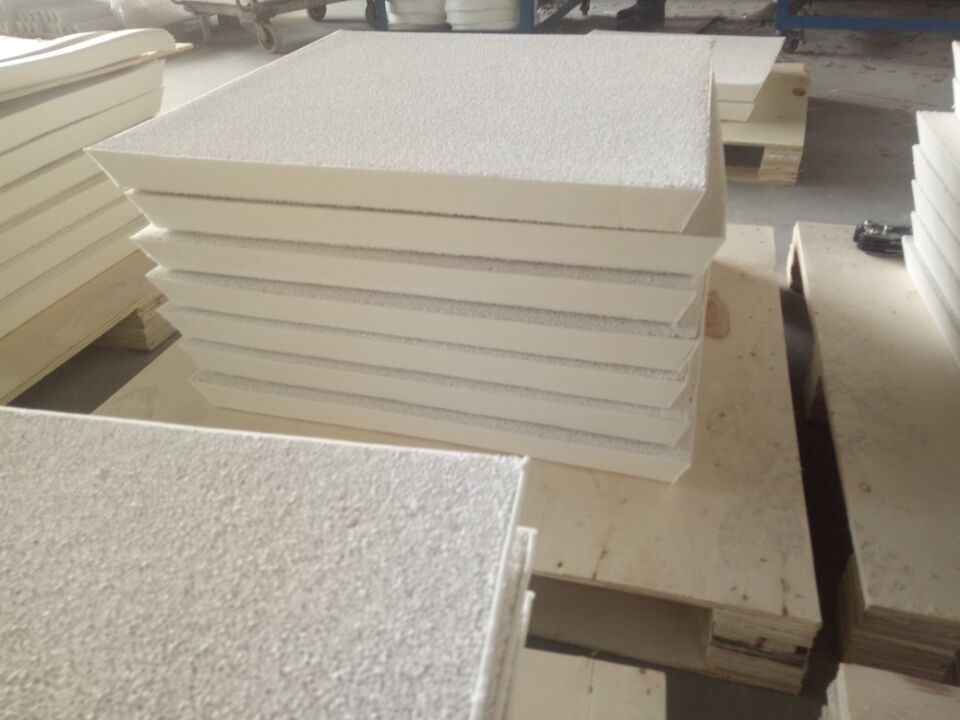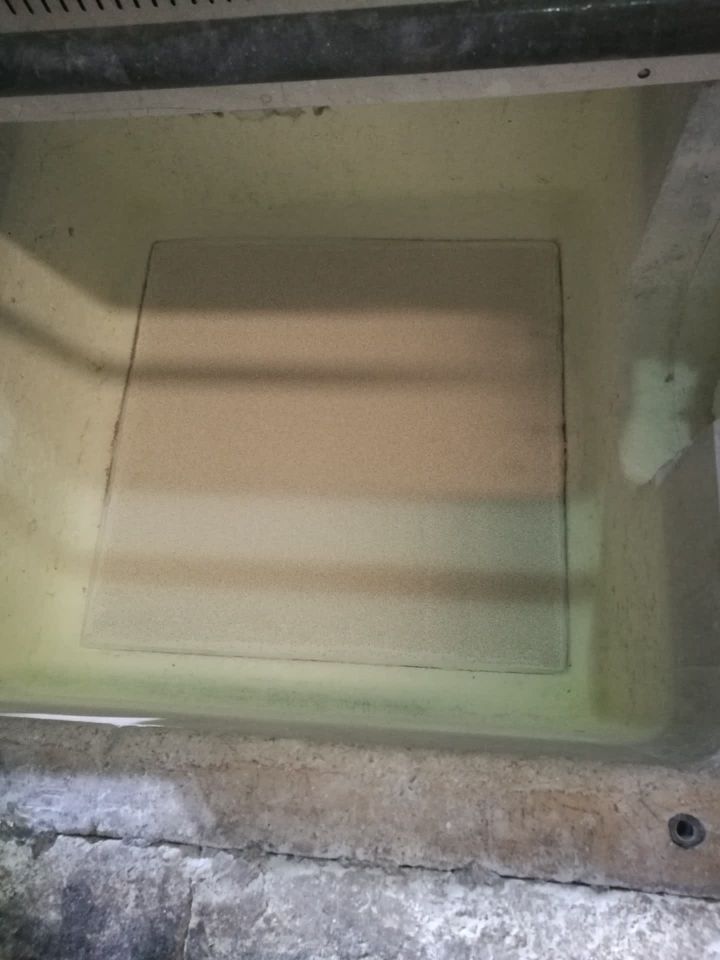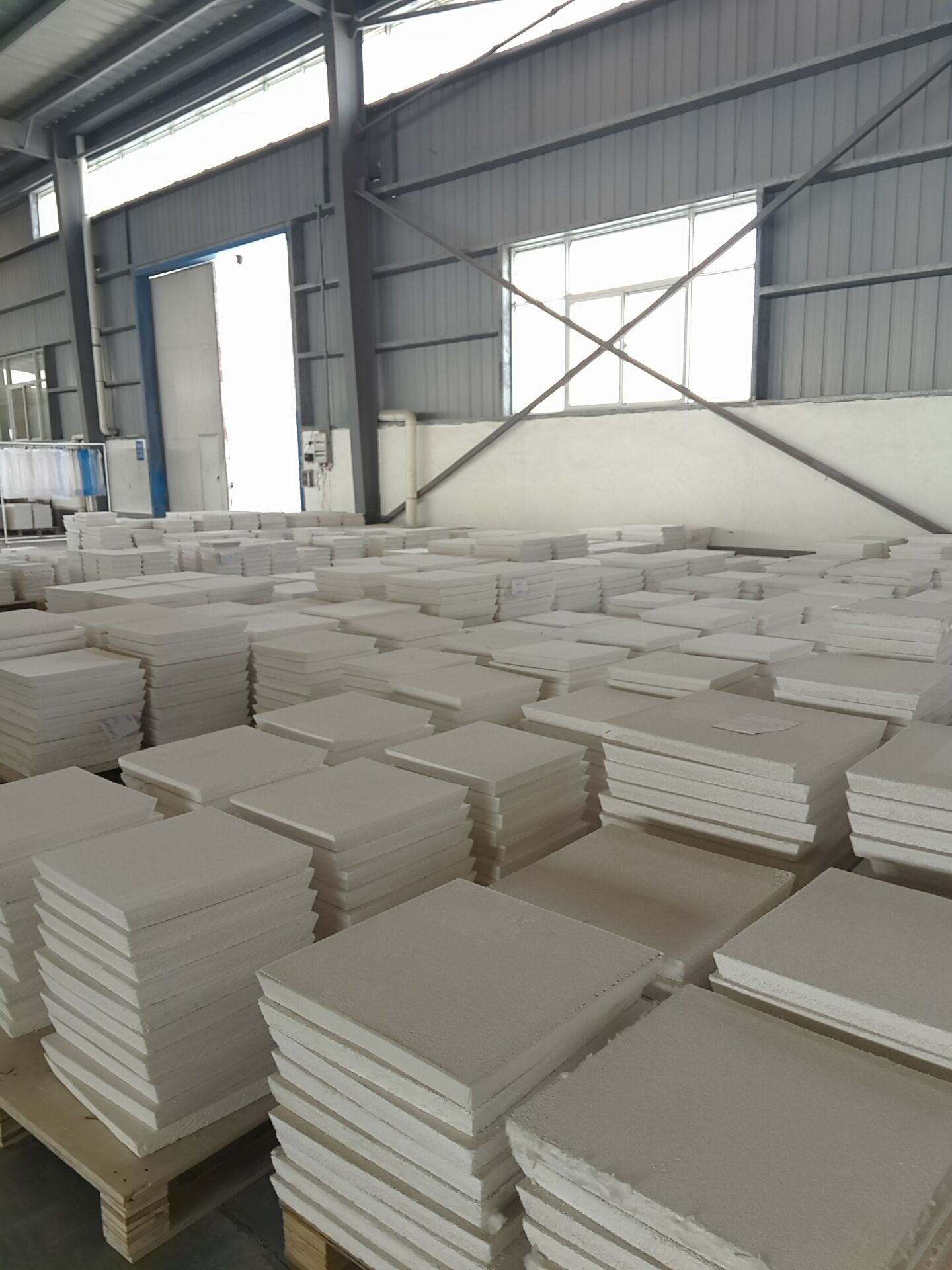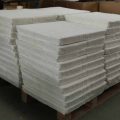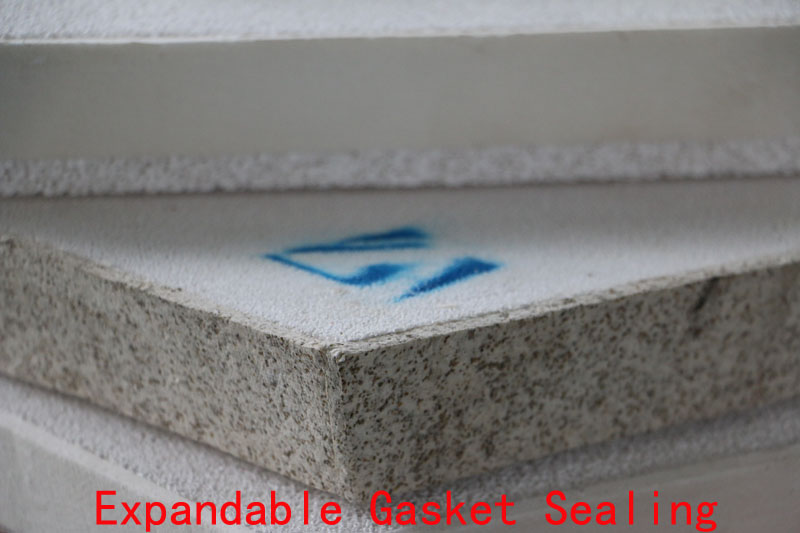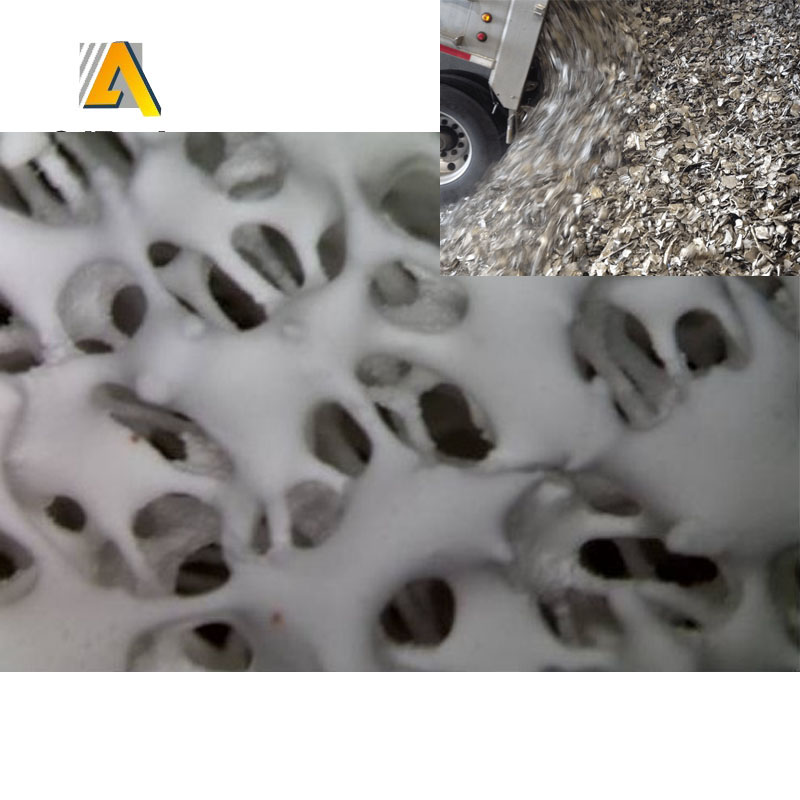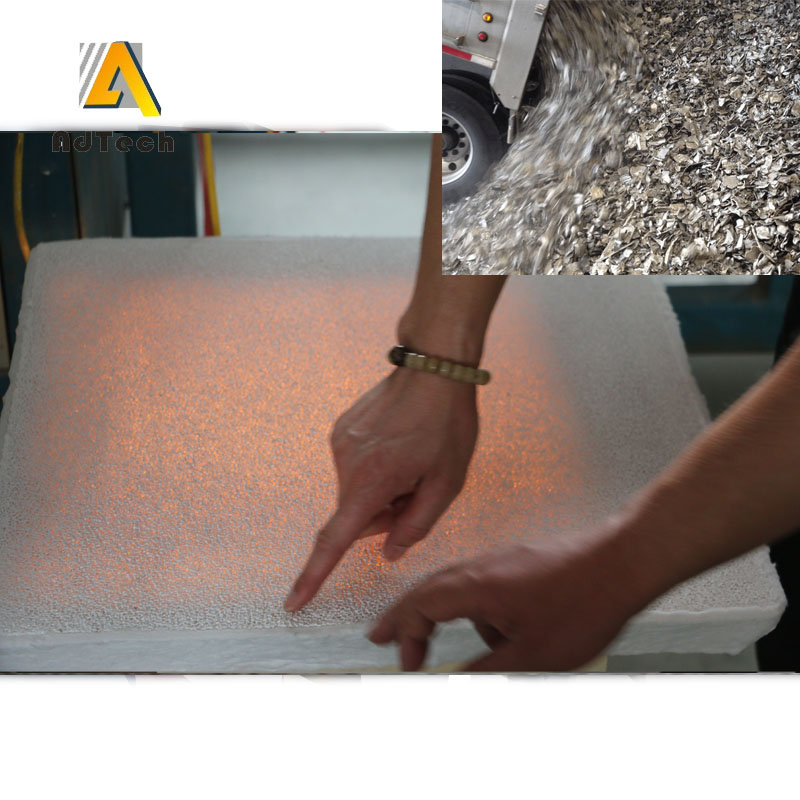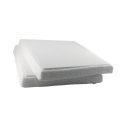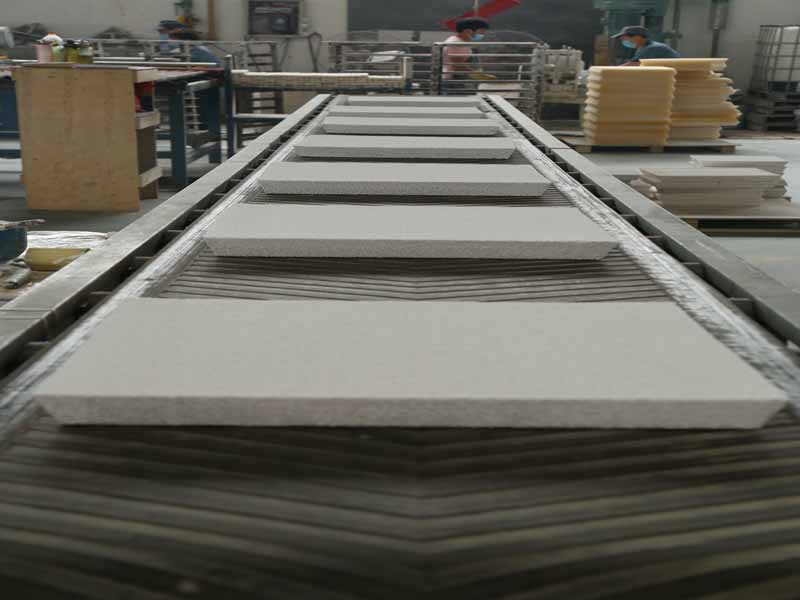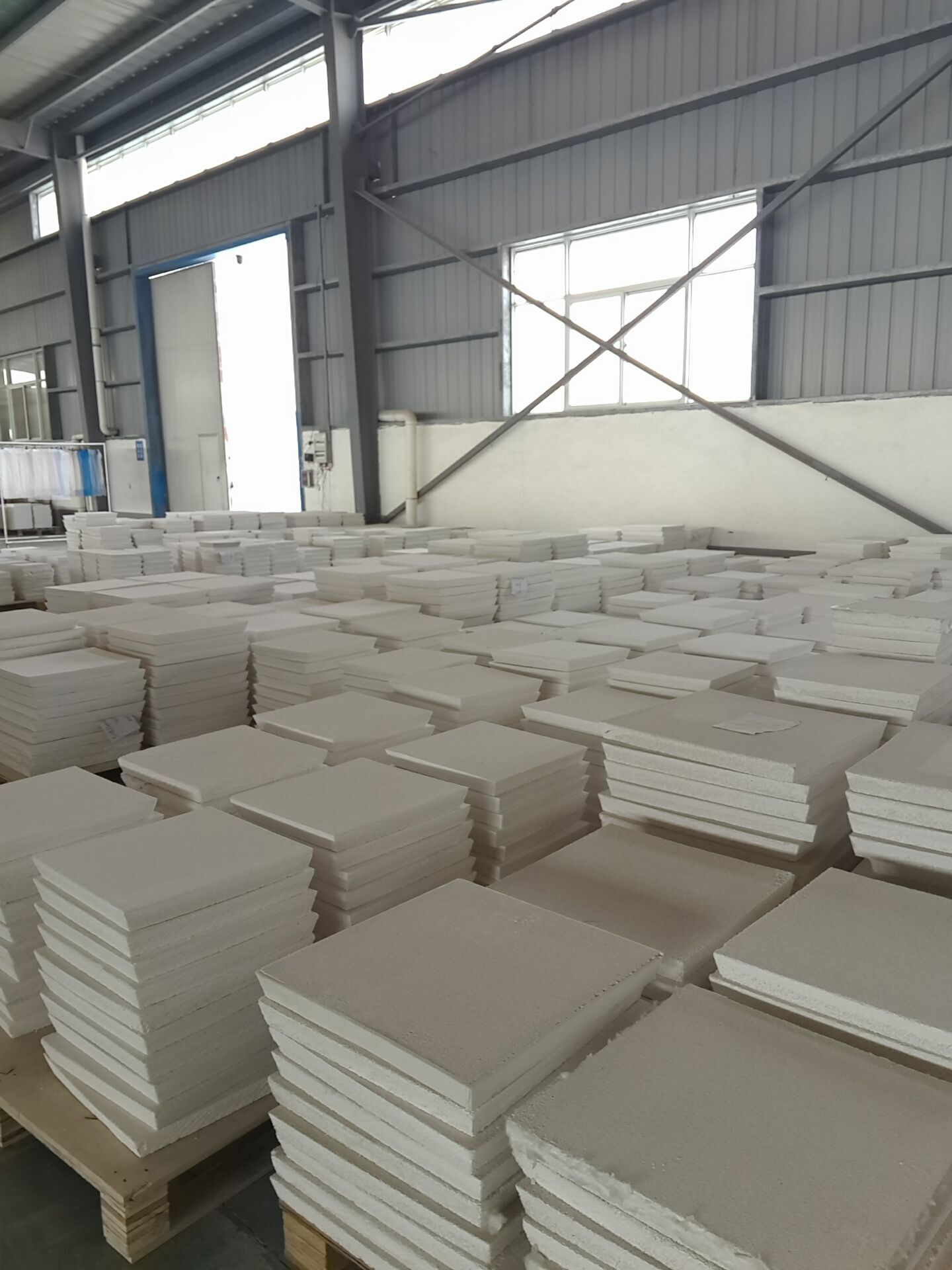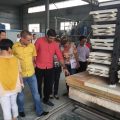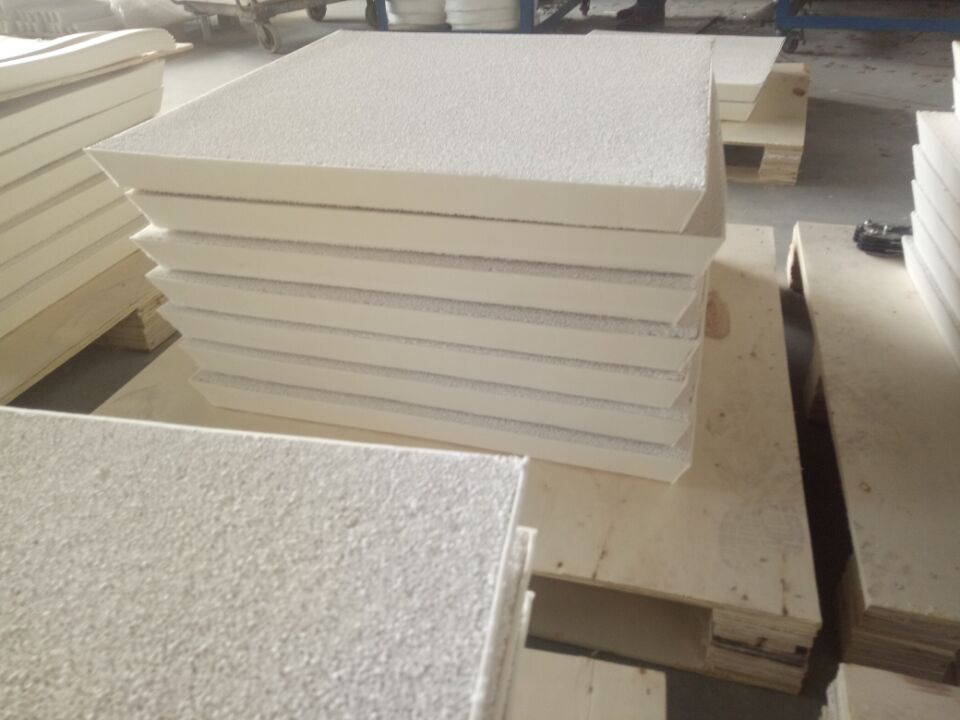Ceramic Foam Filtration
The steady improvement and development of its filters for molten metal filtration made Patronage. A well-known partner. Alumina Ceramic Foam Filters mainly for filtration of aluminum and aluminum alloys in foundries and cast houses. With their excellent resistance to attack and corrosion from molten aluminum, they can effectively remove inclusions, reduce trapped gas and provide laminar flow, and then the filtered metal is significantly cleaner. Cleaner metal results in higher-quality castings, less scrap, and fewer inclusion defects, all of which contribute to bottom-line profit. Apply to improve the quality of aluminum alloy and other non-ferrous alloy casting. Improve metallurgical structure Enhance mechanical properties Change turbulence into laminar flow
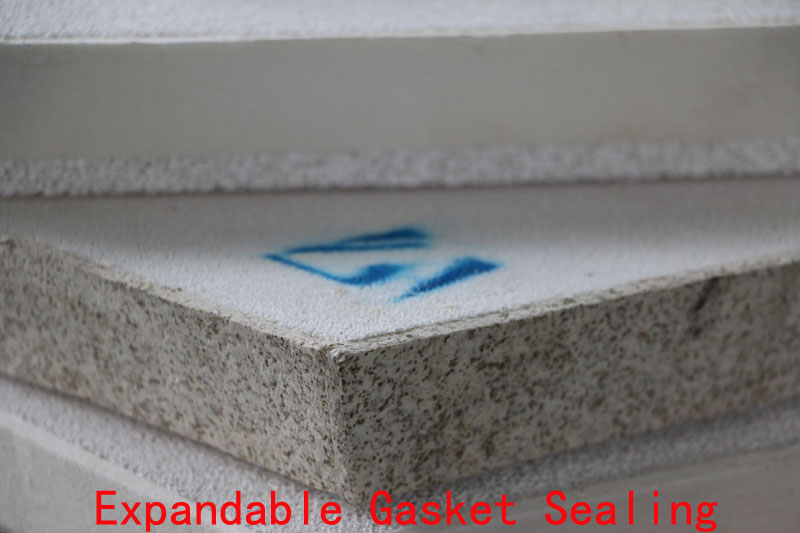
Ceramic Foam Filtration Porosities
Alumina Ceramic Foam Filters is available in all standard dimensions and different thickness. We offer the whole range of porosities from PPI 10 up to PPI 60 (PPI = pores per inch). Custom-made cut-to-size filters are also possible.
Ceramic Foam Filtration Functions
*Decontaminate the melting metal liquid
*Simplified gating system
*Improve the metallurgical structure of the castings
*Reduce imparities of the castings
*Improve casting quality rate
*Reduce casting internal re-oxidation defects
*Reduce the surface defects after machining of the castings
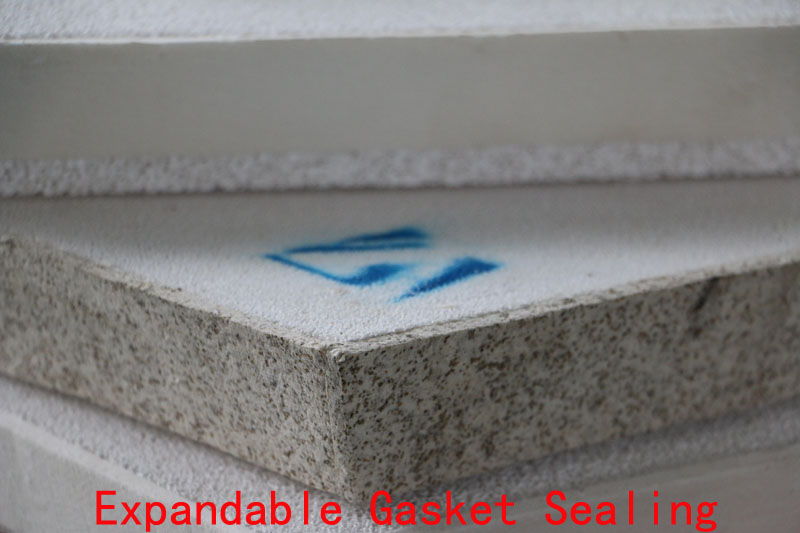 Ceramic Foam Filtration Advantages
Ceramic Foam Filtration Advantages
*Increased Fluidity
Removal of inclusions makes the metal more fluid, resulting in easier mold fill, better cast structure, and better thin section castability.
*Reduced Mold and Die Wear
Removal of inclusions and other nonmetallic debris from the melt reduces die soldering and mold-metal interaction, which degrades the mold surface and service life.
*Longer Tool Life
Oxide as well as intermetallic inclusions create “hard spots” that damage tools in machining and finishing operations. Filtration reduces tool wear and increases productivity.
*Fewer Rejects
Inclusions nucleate porosity, create hot tears during solidification, cause surface defects that mar appearance, and often reduce mechanical properties. In many cases, filtration cuts rejects from such causes to virtually zero. Improvements in yield to near 100% and reduced reject rates to at or near 0% are common.

